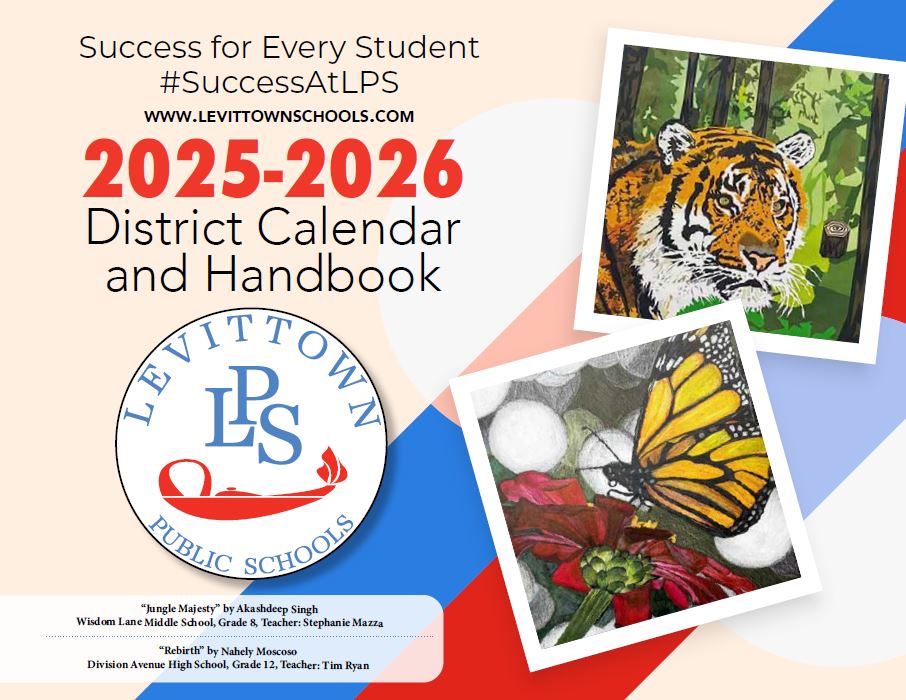Elementary Education: Science
Our science curriculum uses a three-dimensional learning approach that arms students with the tools and habits of mind needed to apply scientific reasoning and solve STEM (Science, Technology, Engineering and Math) problems relevant to everyday life. An interactive, hands-on, collaborative approach sparks relevant learning and allows students to build understanding through open- ended questions while using creative thinking and problem solving skills to form conclusions. Lessons are created to engage students in dialogue and learning experiences that allow complex topics and ideas to be explored from many angles and perspectives.
Our lessons are created around the importance of every student's engagement with natural scientific phenomenon at the nexus of three dimensions of learning;
Science and Engineering Practices
- Asking questions (for science) and defining problems (for engineering)
- Developing and using models
- Planning and carrying out investigations
- Analyzing and interpreting data
- Using math and computational thinking
- Constructing an explanation (for science) and designing a solution (for engineering)
- Engaging in an argument stemming from evidence
- Obtaining, evaluating, and communicating information
Disciplinary Core Ideas (DCI)
- Physical Science
- Life Science
- Earth and Space Science
- Engineering, Technology, and Applications of Science
Crosscutting Concepts
- Patterns
- Cause and effect
- Scale, proportion, and quantity
- Systems and system models
- Energy and matter
- Structure and function
- stability and change













